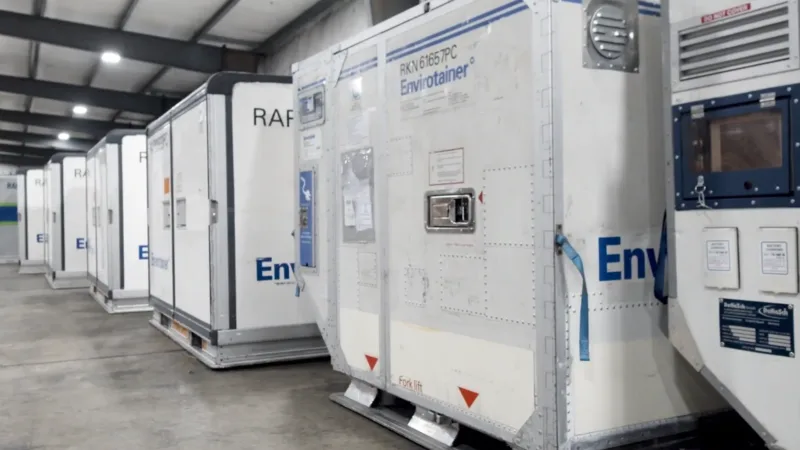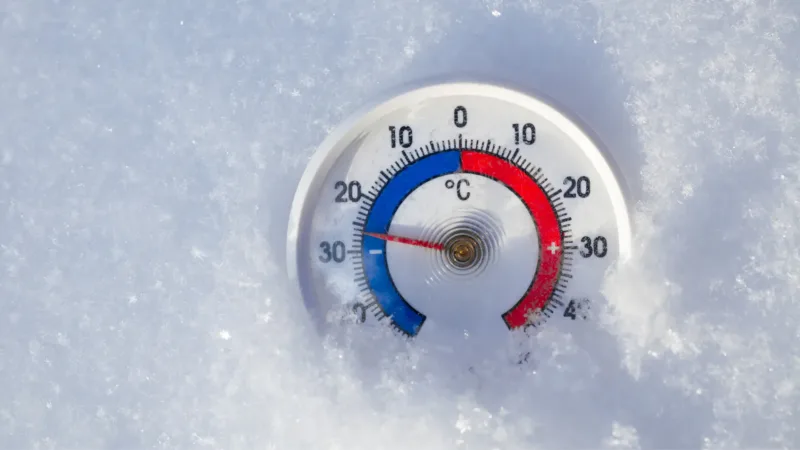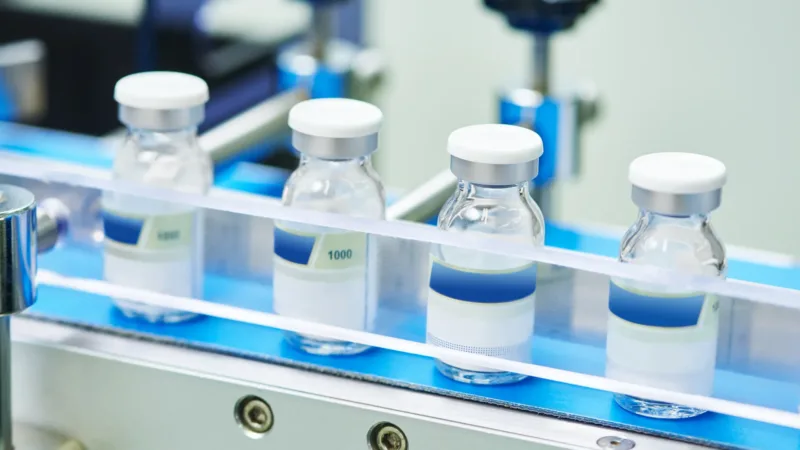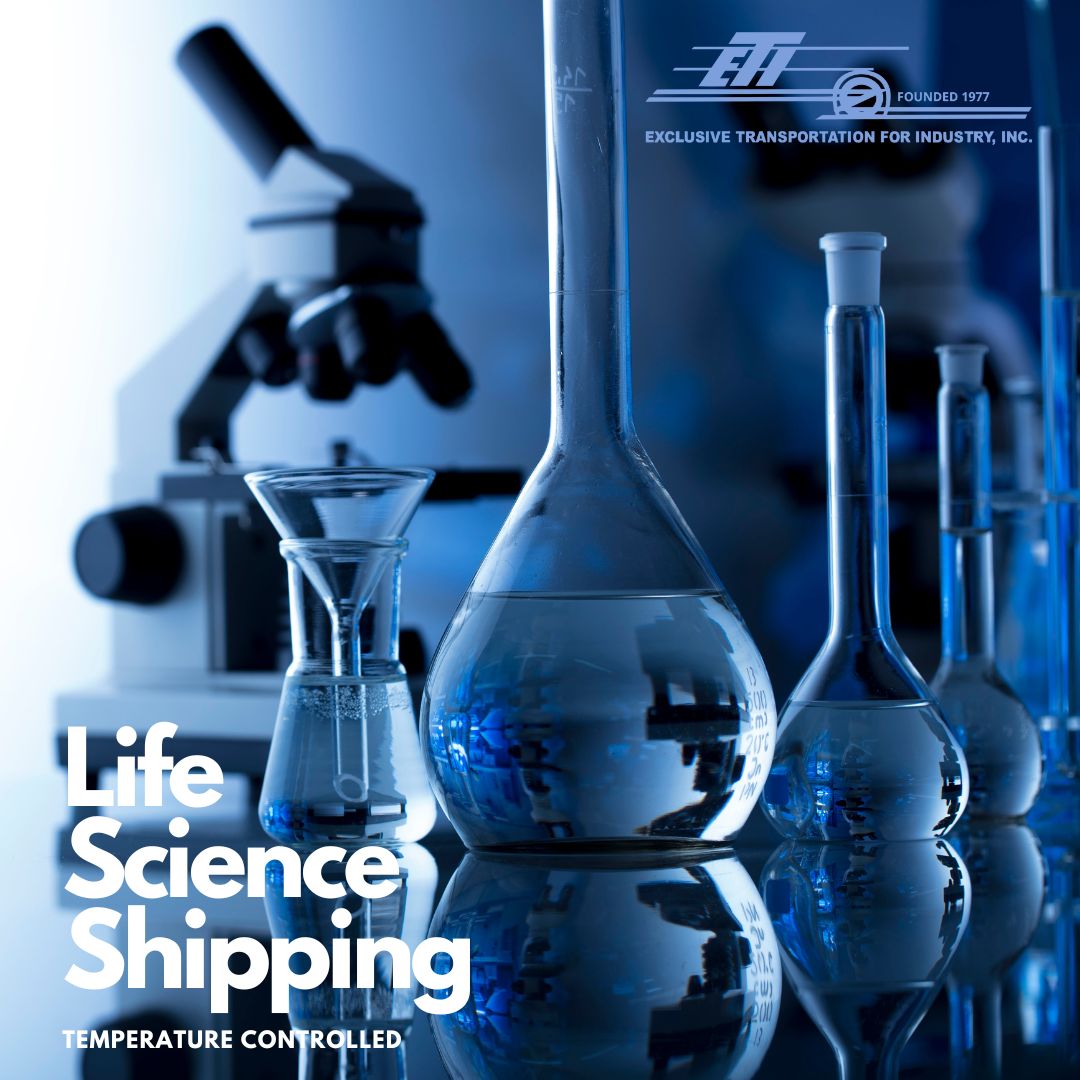ETI is working on expanding our Allentown cold storage square footage to the medical industry. This advancement will help us grow our square footage with a dedication to life saving medicines, treatments and vaccines that require accurate temperature controls and handling protocols. Our blog outlines the fundamentals required, there are many more specific to each type of product and manufacturer that we will be able to accommodate.
Pharmaceutical Cold Storage in Allentown: Navigating Recommended Requirements
In the pharmaceutical industry, maintaining the correct temperature for cold storage is crucial to ensuring the safety and efficacy of products. In this blog article we help you understand the different pharmaceutical cold storage requirements and offer tips to help ensure your cold chain storage meets industry standards. The Food and Drug Administration (FDA) also sets licensing laws requirements for all pharmaceutical companies. These regulations are further explained in the FDA’s Code of Federal Regulation Title 2.

Importance of Pharmaceutical Temperature Control
Pharmaceutical cold storage involves maintaining specific temperature ranges to preserve the integrity of medications and other health products. Deviations from these ranges can result in reduced efficacy or even potential harm to patients. In addition, improper storage can lead to significant financial losses for manufacturers due to product spoilage or recalls.
Recommended Pharmaceutical Temperature Ranges
Understanding the recommended temperature ranges for pharmaceutical cold storage is vital. These ranges vary based on the type of product being stored:
- Refrigerated Storage: Products requiring refrigeration should be stored between 36 and 46°F. This range is typical for many vaccines and biologics.
- Frozen Storage: For products that need to be frozen, the recommended storage temperature is -4°F or colder. This is often used for certain biological samples and medicines.
- Ultra-Low Temperature Freezing: Some pharmaceutical products require ultra-low temperature storage, which can go down to -112°F. This level of cold storage is often necessary for advanced biologicals and specific research materials.
- Cryogenic Storage: Cryogenic storage temperatures can go as low as -338°F and are used for certain cells, tissues, and other sensitive biological materials.
Best Practices for Pharmaceutical Cold Storage
To ensure the quality and safety of pharmaceutical products, it is essential to follow the following best practices for cold storage:
- Use a Dedicated Storage Area: Ensure that the storage area is used exclusively for pharmaceutical products to prevent contamination and maintain a controlled environment.
- Maintain Consistent Temperatures: Regularly monitor and adjust storage temperatures to remain within the recommended range. Temperature fluctuations can compromise product quality.
- Check Expiration Dates: Regularly inspect products to ensure they are within their expiration dates and maintain a rotation system to use older stock first.
- Monitor the Cold Supply Chain: Regularly check the entire supply chain for temperature consistency, promptly resolve any issues, and ensure all stages are properly documented.
- Use Sensors to Map Temperature: Implement sensors throughout the storage area to continuously monitor temperature distributions to ensure consistent conditions throughout the storage space.
How the pharmaceutical industry utilizes cold storage
Moderna: Longer Shelf Life for COVID-19 Vaccine at Refrigerated Temperatures
Moderna’s COVID-19 vaccine mRNA-1273, can remain stable at standard refrigerator temperatures of 36° to 46°F for up to 30 days, which was a significant extension from the previous estimate of 7 days. The vaccine is also stable at -4°F for up to six months, making it suitable for distribution using existing vaccine delivery infrastructure without requiring deep freezing. This extended stability allowed for easier storage at points of administration and contributes to more flexible distribution options.
How Pfizer utilizes cold chain to distribute its vaccine
Pfizer has developed packaging and storage innovations to be fit for purpose to meet the needs of our global network. We have specially designed, temperature-controlled thermal shippers utilizing dry ice to maintain recommended temperature conditions for up to 10 days unopened. The intent is to utilize Pfizer-strategic transportation partners to ship by air to major hubs within a country/region and by ground transport to dosing locations.

ETI Trucking’s commitment to proper pharmaceutical cold storage is concrete. Delivering critical pharmaceutical cold chain logistics shipments to destinations regardless of the cold storage requirement is one of our core offerings. We understand that proper pharmaceutical cold storage is essential for safety and effectiveness. Adhering to recommended temperature ranges and best practices help minimize health risks and financial losses. This is why ETI Trucking always stays ahead of industry standards and has implemented robust temperature monitoring systems to help maintain the highest quality of the products we are delivering.










